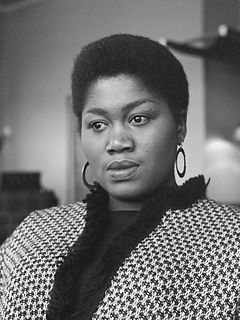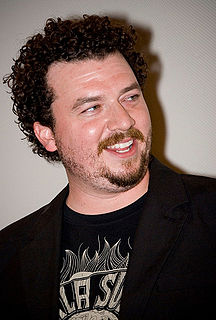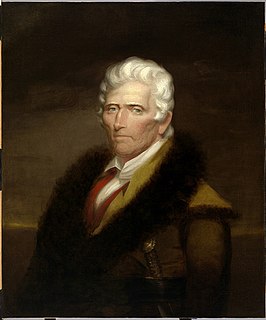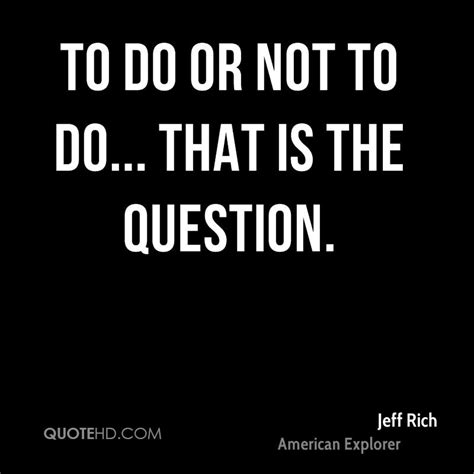A Quote by Isabella Bird
The traveller who aspires to reach the highlands of Tibet from Kashmir cannot be borne along in a carriage or hill-cart. For much of the way, he is limited to a foot pace, and if he has regard to his horse, he walks down all rugged and steep descents, which are many, and dismounts at most bridges.
Related Quotes
He only wishes there were something that would heal the scars in his mind, which he can still feel. He sees his mind now as an archipelago of islands that he labors to build bridges between - and while he's had great success engineering the most spectacular of bridges, he suspects there are some islands that he'll never reach.
Stay, my lord, And let your reason with your choler question What 'tis you go about: to climb steep hills Requires slow pace at first: anger is like A full-hot horse, who being allow'd his way, Self-mettle tires him. Not a man in England Can advise me like you: be to yourself As you would to your friend.
Researchers studied 34 students at the University of Virginia, taking them to the base of a steep hill and fitting them with a weighted backpack. They were then asked to estimate the steepness of the hill. Some participants stood next to friends during the exercise, while others were alone. The students who stood with friends gave lower estimates of the steepness of the hill. And the longer the friends had known each other, the less steep the hill appeared.
I told my students the other day in class, which is about the spirituality and creativity as much as it is about music. I said, 'If you're walking down the street and you see a baby carriage, and there's a baby in the carriage; you look down and your eyes meet the eyes of the baby. The baby looks at you: That's the kind of moment you're in when you're playing.
We gallop through our lives like circus performers balancing on two speeding side-by-side horses--one foot is on the horse called "fate," the other on the horse called "free will." And the question you have to ask every day is--which horse is which? Which horse do I need to stop worrying about because it's not under my control, and which do I need to steer with concentrated effort?
We commend a horse for his strength, and sureness of foot, and not for his rich caparisons; a greyhound for his share of heels, not for his fine collar; a hawk for her wing, not for her jesses and bells. Why, in like manner, do we not value a man for what is properly his own? He has a great train, a beautiful palace, so much credit, so many thousand pounds a year, and all these are about him, but not in him.
Many able Gardeners and Husbandmen are yet Ignorant of the Reason of their Calling; as most Artificers are of the Reason of their own Rules that govern their excellent Workmanship. But a Naturalist and Mechanick of this sort is Master of the Reason of both, and might be of the Practice too, if his Industry kept pace with his Speculation; which were every commendable; and without which he cannot be said to be a complete Naturalist or Mechanick.







































